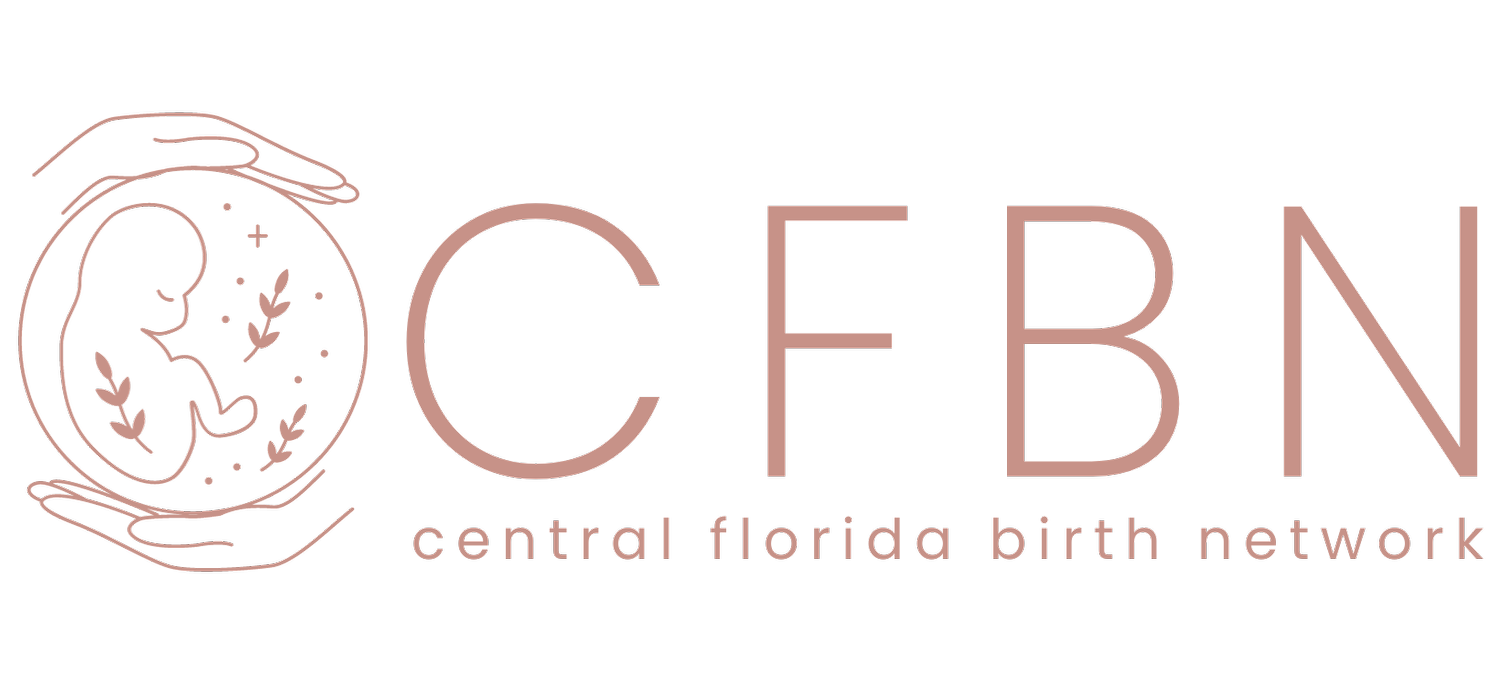The Powerful Research Behind Bedtime Routines
Contributing Writer(s) for CFBN: Ariana with Step by Step Baby Consulting. This content is educational and should not be considered a substitute for diagnosis or treatment that may be leading to questions or concerns about your child. If you are seeking additional infant sleep support please reach out to your child’s healthcare provider.
Research supports the benefits of bedtime routines for children in various developmental aspects. Studies have shown that implementing a regular bedtime routine can contribute to improved sleep as well as several positive developmental outcomes.
A bedtime routine not only improves sleep quality but also has been associated with language development, literacy skills, emotional and behavioral regulation in children, parent-child attachment, and overall family functioning.
According to a study, a nightly bedtime routine has been found to promote healthy sleep and contribute to the broad development and well-being of children in their early years. Another study suggests that a consistent bedtime routine is associated with increased family functioning, improved sleep habits, and even the development of social skills and academic success.
These findings highlight the importance of establishing and maintaining a regular bedtime routine for children to support their overall development and well-being.
There is really no reason to NOT utilize the power of a bedtime routine for your child!
Bedtime Routines for Newborns
Yes, even a newborn baby should have a bedtime routine! If you want, you can even start by doing a short routine for sleep at the hospital or birthing center. If not that soon, start when you get home.
Your baby will be able to recognize a routine by the time they're about 6 weeks old. For a newborn, the routine should last roughly 45 minutes since the final feeding of the day is included:
Set the mood (where night sleep takes place): dim lights, turn on white noise
Diaper change and pajamas
Breast/chest feed or bottle and burp
Swaddle
Support to sleep
That’s it! Over time, your baby will become familiar with this string of events and it will become a strong sleep association, helping ease your little one from daily activities into naps or bedtime.
Bedtime Routines for Infants
As your baby grows and has the capacity to go longer between feeds at night, the biggest change we’re going to make to their routine is no longer including a feeding session within the bedtime routine. If your baby is between 4 months - 2/2.5 years old, this is what I recommend doing:
Bathtime
Set the mood (where night sleep takes place): dim lights, turn on white noise
Diaper and pajamas
Brush teeth or clean gums
Read books
Songs/prayers and cuddles
In crib, lights off
After that final feeding, the events in the routine should take you about 30 minutes to get through.
Bedtime Routine for Toddlers and Older Children
A bedtime routine for a toddler 2.5+ years old or an older child should last about 30-40 minutes, and really be a time of focused connection. Here’s what you can do:
Bathtime
Pajamas and brush teeth
Set the mood in there room: dim lights, turn on white noise
15 minutes of child-led play
Read books
Songs/prayers and cuddles
In crib or bed, lights off
Contributing Writer(s) for CFBN: Ariana with Step by Step Baby Consulting.
This content is educational and should not be considered a substitute for diagnosis or treatment that may be leading to questions or concerns about your child. If you are seeking additional infant sleep support please reach out to your child’s healthcare provider.


